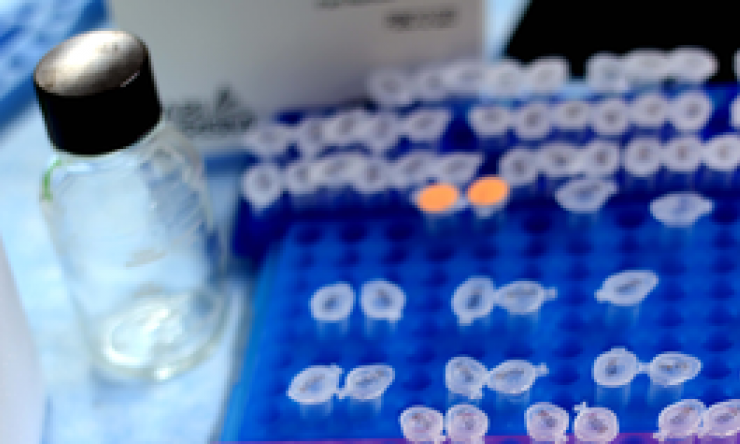What You Need to Know About Gallbladder Cancer
The gallbladder is a small, pear-shaped organ located under the liver. The gallbladder stores bile, which is a fluid made by the liver that helps digest fats. Most gallbladder cancers start in the mucus glands that line the inside of the gallbladder.
Physicians in the Baylor St. Luke's Medical Center Dan L Duncan Comprehensive Cancer Center offer compassionate, patient-centered care and the latest techniques for the treatment of gallbladder cancer. Our multidisciplinary approach is aimed at providing you the best chance for cure and maximizing quality of life, avoiding a permanent ostomy whenever possible. If you have questions or want to make an appointment, call (713) 798-2262.
Prevention and Risk Factors
Preventative steps can help lower your risk of gallbladder cancer. These include eating a healthy diet, maintaining an active lifestyle, and limiting alcohol and tobacco use. Risk factors that can increase your chances of getting gallbladder cancer include:
- Gallstones
- Porcelain gallbladder
- Typhoid
- Gallbladder polyps
- Family history
- Obesity
Symptoms
Gallbladder cancer is not always symptomatic. As the cancer develops, patients may notice:
- Abdominal pain
- Jaundice
- Nausea
- Loss of appetite
- Fatigue
- Fever
- Bloating
Screening and Diagnosis
Gallbladder cancer can be diagnosed through:
- Blood test
- Imaging tests
- Biopsy
Once the results have been reviewed, your physician will provide a recommended treatment plan.
Treatment
The stage of your cancer will affect your treatment plan. The stage is determined by the size of the tumor and if it has spread to other parts of the body. Treatments can include:
Clinical Trials
Baylor College of Medicine conducts clinical trials that give participants access to the latest, most comprehensive diagnostic and treatment options available.









